
Balance Through the Seasons: Insights from Acupuncture
December 16, 2025/by Rebecca Berkson, L.Ac, Dipl.OM
5 Ways We Can Keep Your Immune System Strong
December 10, 2025/by Kaplan Center
Want to Take Your Workout to the Next Level Next Year? These Tips Can Help
December 8, 2025/by Kaplan Center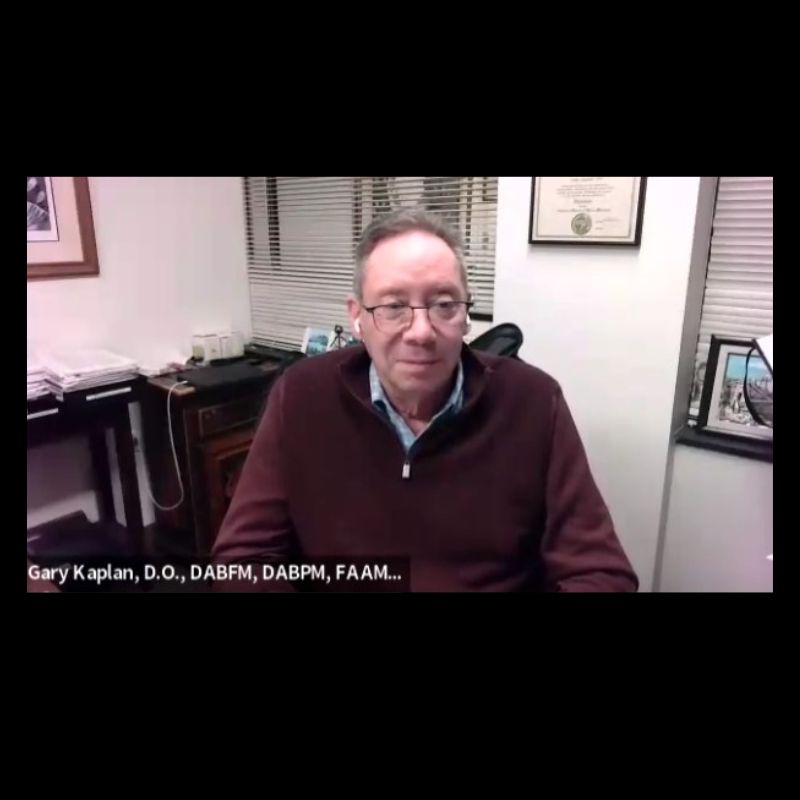
Dr. Kaplan’s Dos and Don’ts of the Holiday Season
December 3, 2025/by Kaplan Center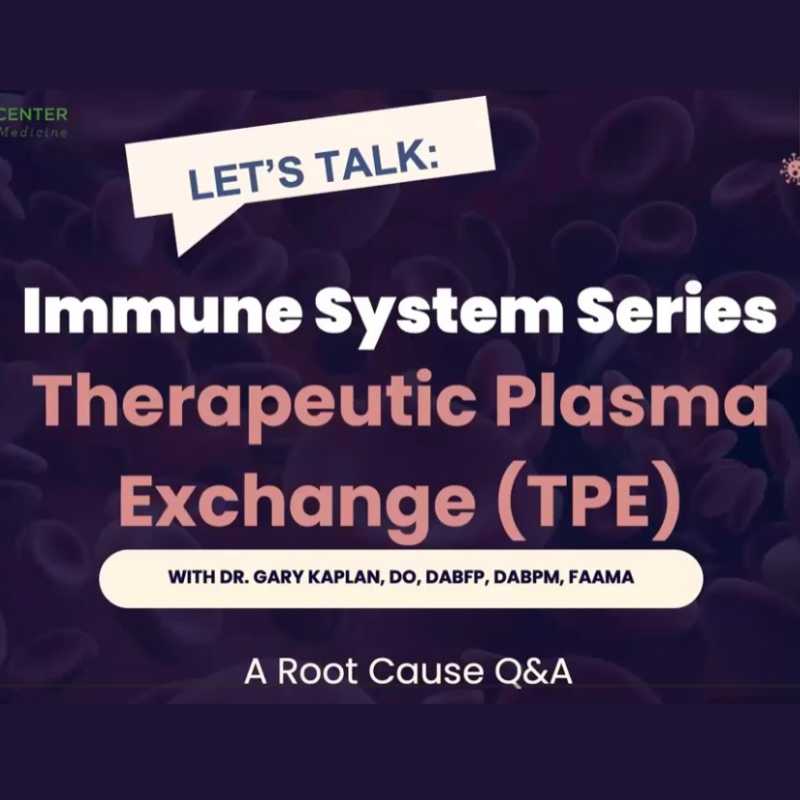
Let’s Talk Webinar – A Root Cause Q&A
December 2, 2025/by Kaplan Center
Navigating Holiday Meals with Gut Issues: Simple Tips for a Comfortable Season
December 1, 2025/by Chardonée Donald, MS, CBHS, CHN, CNS, LDN
Craniosacral Therapy for TMJ | Say Goodbye to the Daily Grind
November 19, 2025/by Patricia Alomar, M.S., P.T.
From Compassionate Care to Personal Healing: A Letter to My Patients
November 18, 2025/by Kaplan Center
8 Steps to a Healthier Gut—and a Longer, Healthier Life
November 18, 2025/by Kaplan Center
Mid-Life Irritability & Fatigue Improved by Hormonal Balancing
November 13, 2025/by Lisa Lilienfield, MD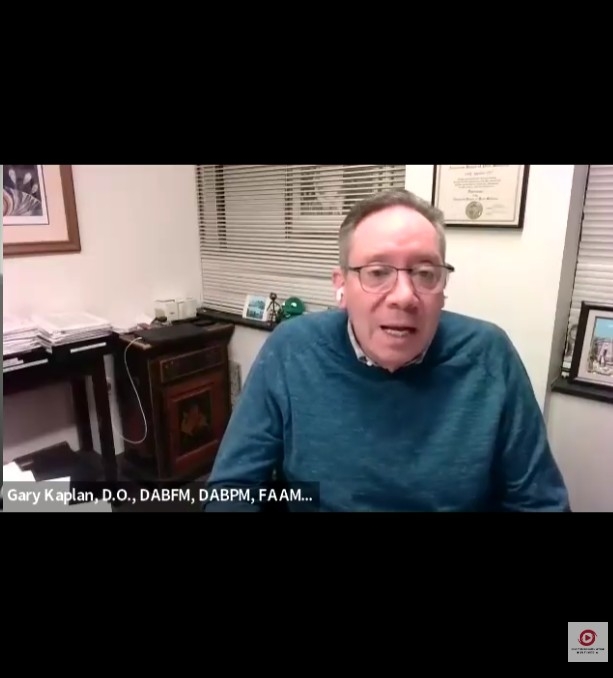
From Challenges to Change: Dr. Kaplan on Healthcare’s Biggest Challenges
October 29, 2025/by Kaplan Center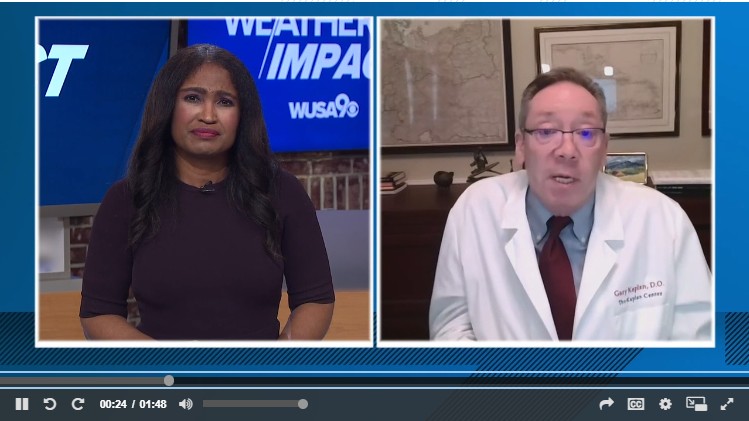
Overlooked Dangers of Mold Exposure and How to Stay Safe – Dr. Kaplan Talks to WUSA9
October 27, 2025/by Kaplan Center
Let’s ‘Fall’ Into Wellness: A Nutritionist-Approved Immune-Boosting Recipe for Cold and Flu Season
October 13, 2025/by Chardonée Donald, MS, CBHS, CHN, CNS, LDN
PANS/PANDAS – When Sudden Symptoms Signal Something More
October 9, 2025/by Kaplan Center
Beating Burnout, A Nutritionist’s Perspective
October 1, 2025/by Chardonée Donald, MS, CBHS, CHN, CNS, LDN
3 Things That Can Happen After Stopping GLP-1s
September 11, 2025/by Chardonée Donald, MS, CBHS, CHN, CNS, LDN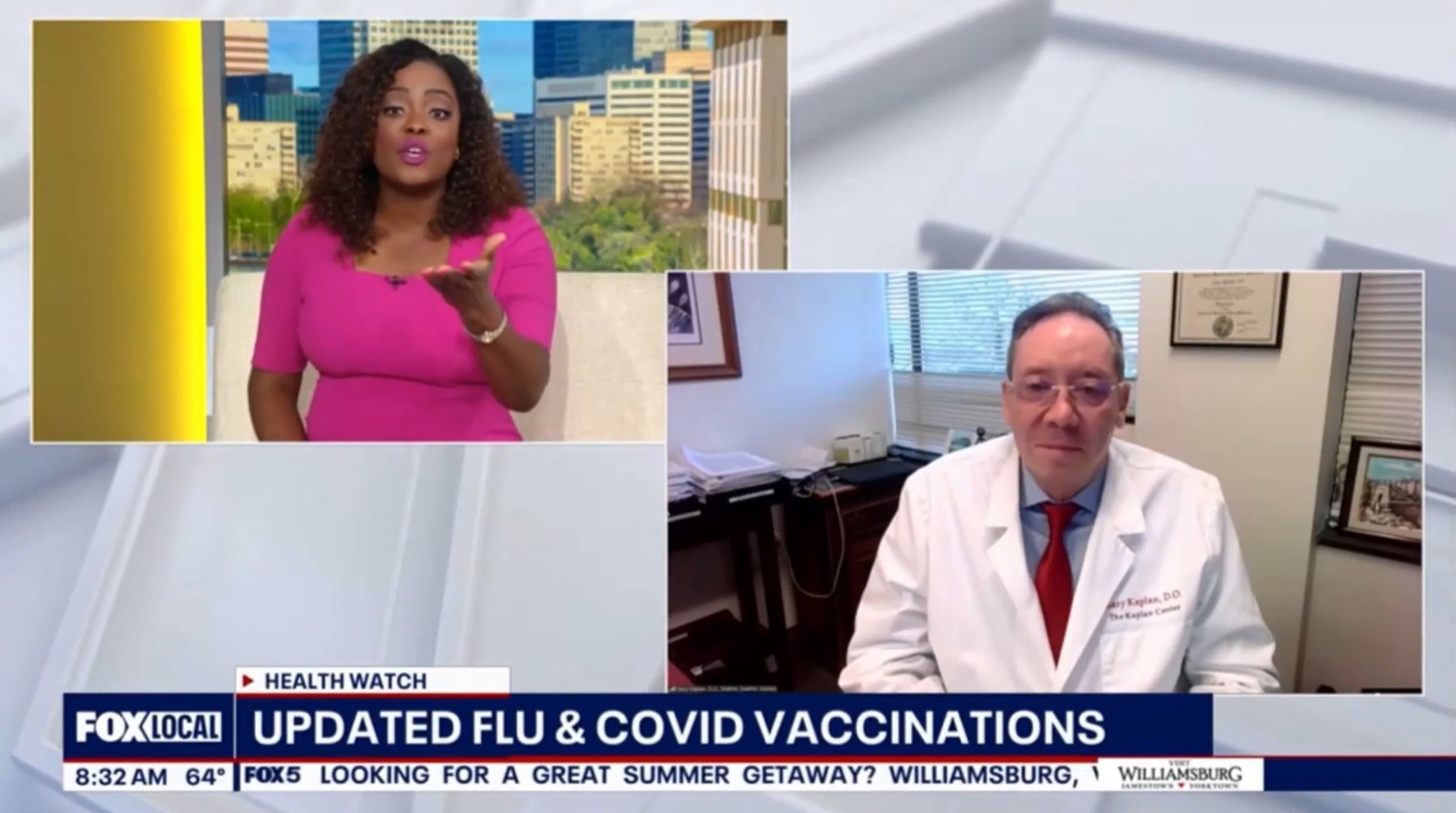
What Families Need to Know About COVID and Flu Season
September 3, 2025/by Kaplan Center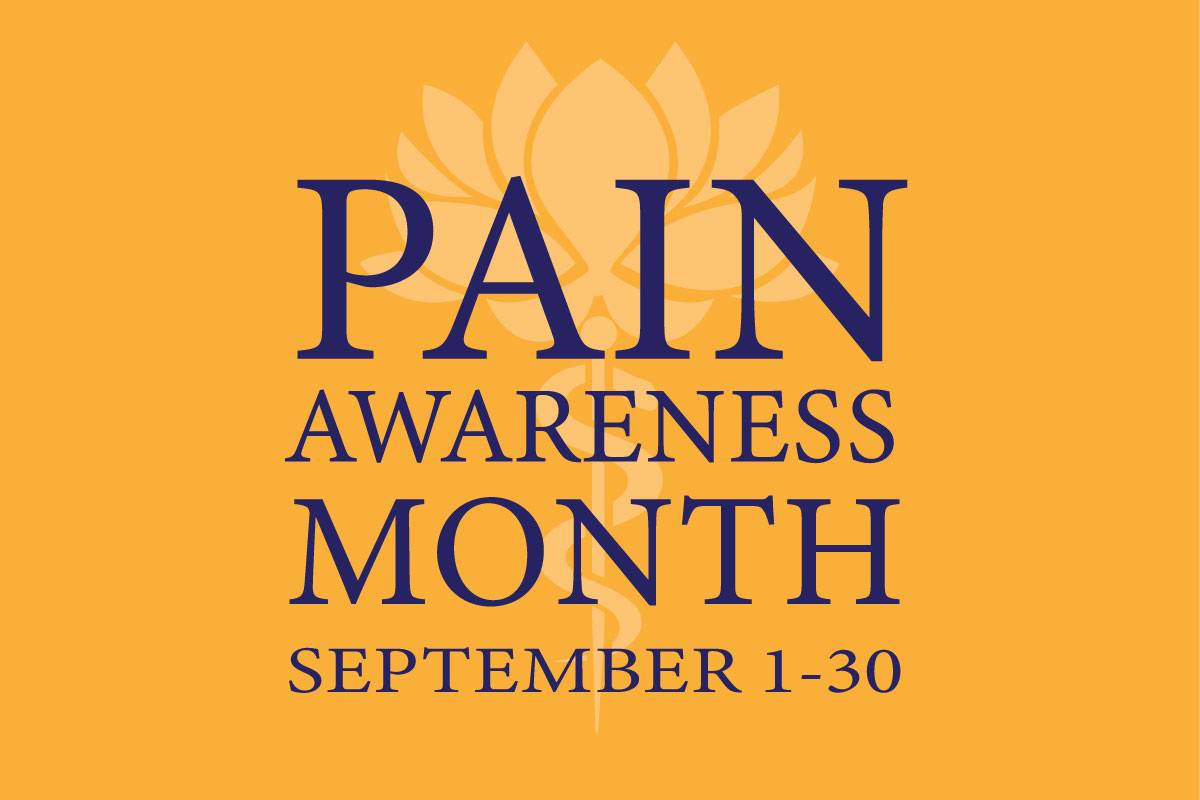
September is Pain Awareness Month
September 1, 2025/by Kaplan Center
Dr. Kaplan Spoke to Northern Virginia Magazine About COVID, Flu, and Immunity — Here’s What You Should Know
August 14, 2025/by Kaplan Center
“Why Do I Feel Like Crap?”: The Overlap Between Long COVID and Perimenopause
July 30, 2025/by Kaplan CenterAre you looking to improve your overall wellness?
Personalized care you can trust.
Our integrative, non-surgical treatment approach is highly successful in maintaining wellness and also treating chronic pain and illness. For more than 30 years, we have delivered superior, cutting-edge health care in the Washington, DC area.
QuickLinks
Contact Information
Tel: 703-532-4892
Fax: 703-237-3105
6829 Elm Street, Suite 300
McLean, Virginia 22101
Map It
Hours of Operation
Mon – Thu : 8 am – 5 pm, ET
Fri : 8 am – 12 pm, ET
Three reasons to read “Why You Are Still Sick” – Sarah Ramey
/in Wellness/by Kaplan CenterSarah Ramey, a patient of The Kaplan Center (and fellow author!) was not able to attend Dr. Kaplan’s Book Launch Party in person. Instead, Sarah sent her best wishes to Dr. Kaplan by video as well as her very personal reasons why she thinks everyone who is chronically ill should read this book.
Thank you, Sarah, for your support!
Why You Are Still Sick: How Infections Can Break Your Immune System & How You Can Recover
by Dr. Gary Kaplan & Donna Beech
Paperback: $14.95
Kindle: $9.99
Publication date: June 14, 2022
Language : English
Paperback : 353 pages
Dimensions : 5.5 x 0.83 x 8.5 inches
LISTEN NOW: Dr. Kaplan on The Health Hub Talk Show
/in Inflammation, Wellness/by Gary Kaplan, DOLearning points from Dr. Kaplan’s discussion with Cathy Biase, host of The Health Hub talk show:
Listen to the show:
Why You Are Still Sick: How Infections Can Break Your Immune System & How You Can Recover
by Dr. Gary Kaplan & Donna Beech
Paperback: $14.95
Kindle: $9.99
Publication date: May 10, 2022
Language : English
Paperback : 368 pages
Dimensions : 5.5 x 0.83 x 8.5 inches
LISTEN NOW: Dr. Kaplan on Low Tox Life Podcast
/in Wellness/by Gary Kaplan, DOAs a guest on Low Tox Life with host Alexx Stuart, Dr. Kaplan answered some great questions about what’s going on when we become chronically ill and how we might start making steps towards real healing.
Listen to the show:
Topics of discussion:
Why You Are Still Sick: How Infections Can Break Your Immune System & How You Can Recover
by Dr. Gary Kaplan & Donna Beech
Paperback: $14.95
Kindle: $9.99
Publication date: May 10, 2022
Language : English
Paperback : 368 pages
Dimensions : 5.5 x 0.83 x 8.5 inches